Nissan commits to the UK with plans for 3 EVs and 3 battery factories
As for the electric car line – news broke earlier this week of Nissan planning to build the all-electric versions of the bestselling Qashqai and Juke in Sunderland as well as a successor to the Leaf. As expected, the carmaker today confirmed Sunderland as the manufacturing base for all three models.
What’s new, however, is that Nissan said these plans would “require a third gigafactory” to support what the company calls the UK’s biggest car plant – and a considerable investment.
Confirming the three models today while throwing in another gigafactory, Nissan says this will lead to up to £3 billion invested in the site, including infrastructure.
For the immediate future, Nissan has earmarked £1.12 bn for its UK operations and broader supply chain for R&D and manufacturing of the two new models announced today, including facility and manufacturing process improvements, skills training, and tooling for suppliers. This follows an earlier £423m investment.
Nissan’s decision is also said to be backed by a “significant government funding guarantee”, which remains however undisclosed. The importance of Nissan’s decision was underlined though, by UK Prime Minister Rishi Sunak commenting on the statement. He called the company’s investment “a massive vote of confidence in the UK’s automotive industry”.
Today’s announcement also comes as a new Investment Zone was confirmed for North East England. The North East Investment Zone will focus on Advanced Manufacturing and Green Industries.
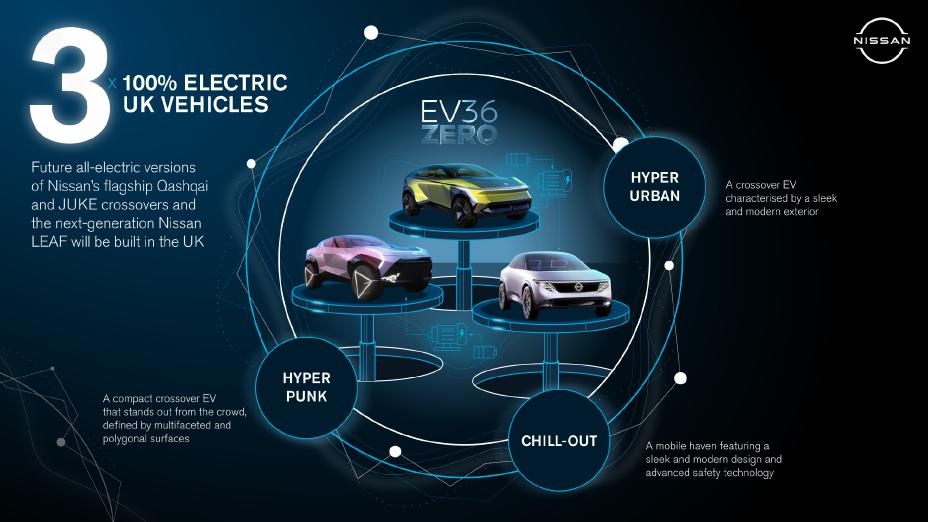
Nissan already produces hybrid versions of the Qashqai and Juke in Sunderland and the all-electric Leaf. An all-electric crossover model based on the Alliance’s CMF-EV platform will reportedly be added. According to earlier information, Nissan plans to create production capacity for this model in the region of 100,000 vehicles annually.
As Nissan writes in its new announcement, the three electric models confirmed for Sunderland will be inspired by the Hyper Urban, Hyper Punk and Chill-Out concept vehicles first shown in Tokyo.
However, some questions still need to be answered, such as when production of the electric Qashqai and Juke and the Leaf successor will start in Sunderland and in what quantities.
There are also only a few details on the additional battery factory. Like the first battery cell plant under construction since late 2022, it will likely be built in Sunderland with the partner AESC (formerly Envision AESC), of which Nissan owns 20 per cent. As the company now speaks of three battery factories, the third plant is probably the one that AESC plans at the Renault site in Douai in northern France.
Nissan also tied in today’s news into the EV36Zero initiative launched in 2021 to bring together the manufacture of electric vehicles, renewable energies and battery production on-site. As part of this, AESC planned the first 35 GWh battery cell plant in Sunderland. The new facilities will also incorporate Nissan’s existing wind and solar farms and a new 20MW solar farm to deliver 100% renewable electricity to the carmaker and its neighbouring suppliers.
Announcing the plans today at the Sunderland plant, Nissan President and CEO Makoto Uchida said: “The EV36Zero project puts our Sunderland plant, Britain’s biggest ever car factory, at the heart of our future vision. It means our UK team will be designing, engineering and manufacturing the vehicles of the future, driving us towards an all-electric future for Nissan in Europe.”
The manufacturer announced in September that it would only launch new all-electric cars on the European market with immediate effect and only sell BEVs in Europe from 2030.
This self-imposed commitment replaced Nissan’s previous goal of only introducing new passenger cars with partially or fully electric drive systems from 2023 and reaching a 100 per cent quota in Europe with electric and hybrid vehicles by the decade’s end.
Globally, Nissan plans 27 new electrified models by 2030, including 19 all-electric models. In September, Nissan reiterated its goal of launching electric vehicles with solid-state batteries (ASSB) by 2028.

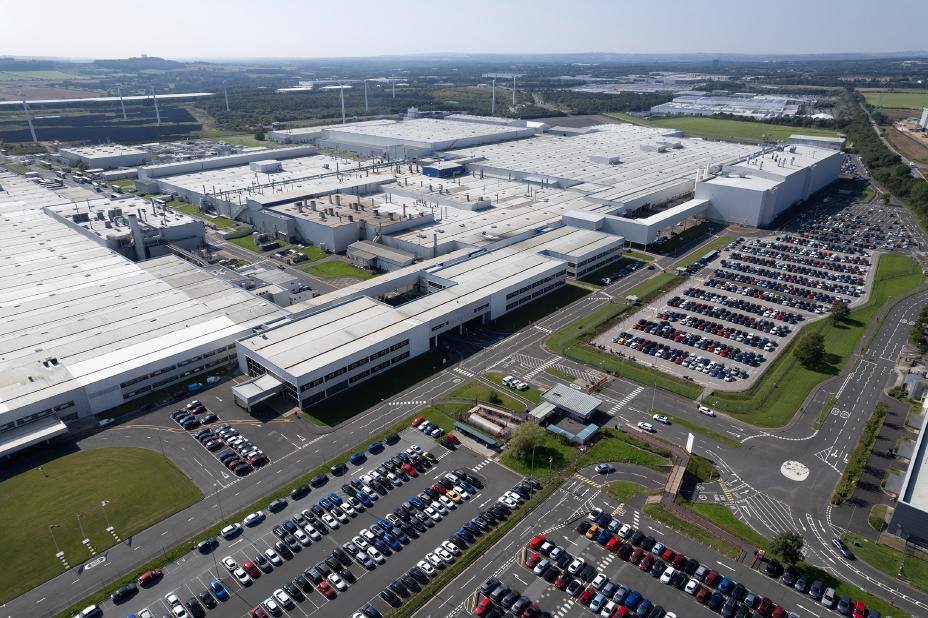
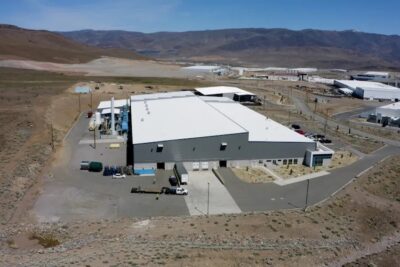
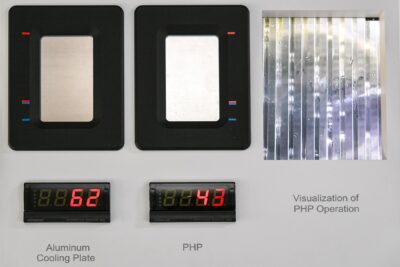
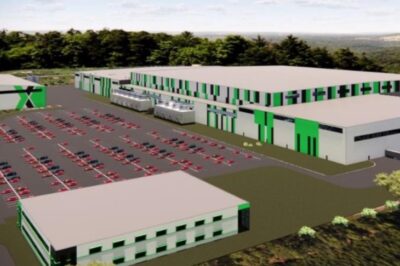
0 Comments